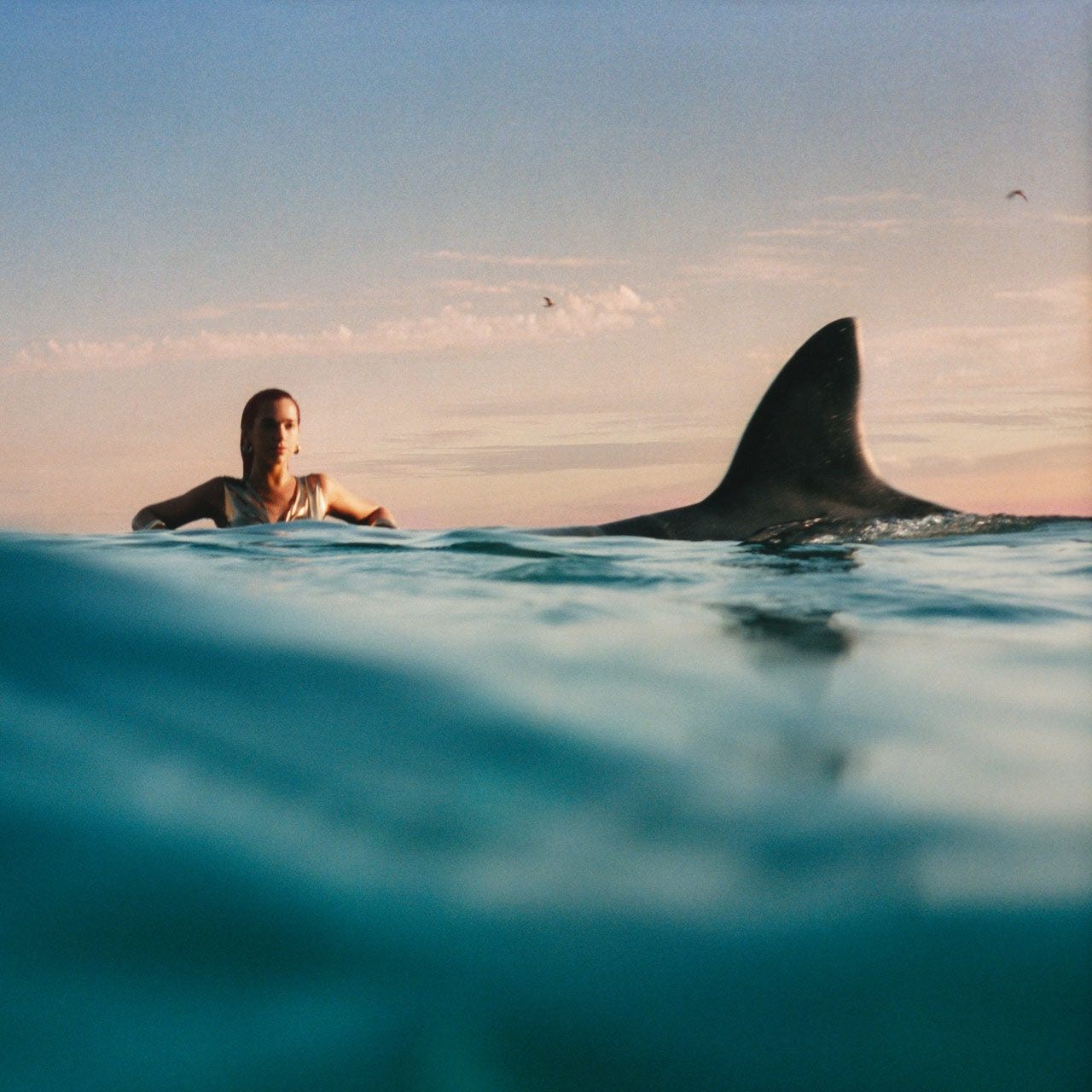Dua Lipa
Radical Optimism
WARNER
Dua Lipa won the GRAMMY for Best New Artist in 2019, two years after dropping her debut LP to commercial and critical success. She quickly became the de facto genre alchemist in the lineage of fellow vocal sovereigns Lady Gaga, Lorde, Florence Welch, and yes, ABBA. Her I-don’t-need-your-love mood was infectious, and she continued to reveal herself as a hitmaker on 2020’s disco-pop odyssey Future Nostalgia, with lead single “Levitating” spending 77 weeks on Billboard’s Hot 100—the longest time a track penned by a woman stayed on that chart. More hits stacked up for Lipa: “Don’t Start Now,” “Physical,” and, more recently, Barbie dancefloor track “Dance the Night.”
After all that, it’s no surprise that her third album Radical Optimism can’t live up to its early hat trick in the leadup to its launch, “Houdini,” “Illusion,” and “Training Season”—all co-written and co-produced by Tame Impala’s Kevin Parker. His fingerprints are certainly all over the record, but his impact is dulled by the meddling of several co-writers and co-producers. Lipa didn’t think she was ready to work with Parker at the start of her career, but it’s even harder for them to connect now with so many collaborators popping into the process. If you peer at the credits for this record you start to see why it’s such a jumble of overproduced sounds and ideas: Lipa and Parker are joined by Danny L Harle, Tobias Jesso, Jr., Caroline Ailin, Miike Snow’s Andrew Wyatt, and others across 11 tracks.
These are songs centering on fresh love, doomed relationships, and forgiveness. It’s all well-worn material for Lipa as her soaring pop vocals are overshadowed by the scattershot and overengineered production. This record is just all over the place with its tone and style: “Falling Forever” is a Cher-like dance-pop curio, while “Whatcha Doing” is a flowering psych-pop club romp. “Anything for Love” could be an unfussy piano ballad, but it tosses in a synth-pop riff and unnecessary studio chatter. The kiss-off tracks on Dua Lipa and Future Nostalgia are largely in the rearview mirror, as evidenced by the opening psychedelic track, “End of an Era,” and its forward-facing lyrics.
Although the British Albanian-Kosovar singer teased trip-hop, psychedelia, and Britpop as influences for Radical Optimism, in reality, those genres only poke through in fidgety ways. Electronic and acoustic instrumentation was embraced for “French Exit” and “Maria,” but it doesn’t make them interesting songs beyond their summery melodies. The live drums, flamenco guitar, and yes, Polynesian nose flute make “Maria” the strangest song in Lipa’s young career (thank Caroline Polachek co-producer Danny Harle for that). It’s probably the closest Lipa ever gets to the pan-global experimentalism of the late-’90s and early-2000s Britpop era.
Radical Optimism is at its best when it gets downright judicious, finds an efficient groove, and rides it out. Overall, this is an album that sounded better in its creation than how it was actualized. Lipa is still an incredible singer and deserves to host and headline Saturday Night Live and Glastonbury, respectively, but the songwriting got in her way this time. We still want to hear that Britpop-meets-trip-hop album, though.







